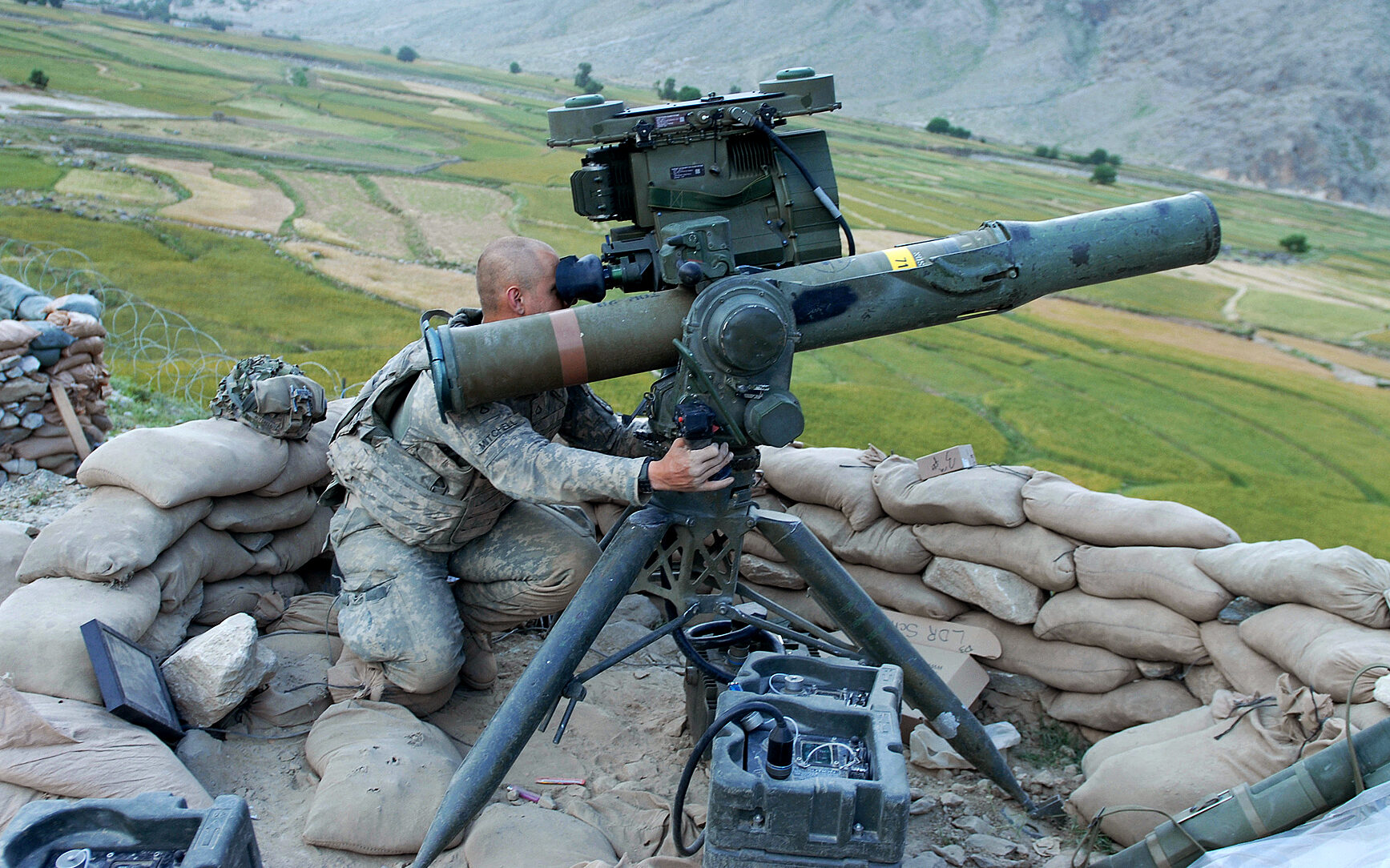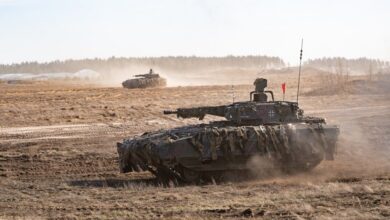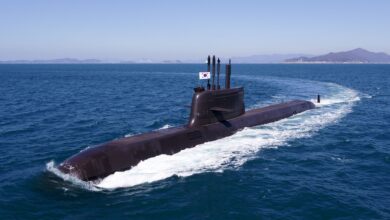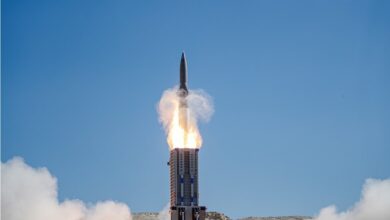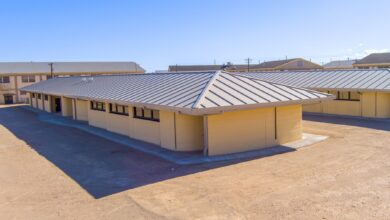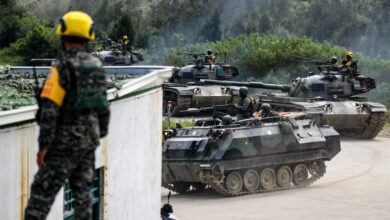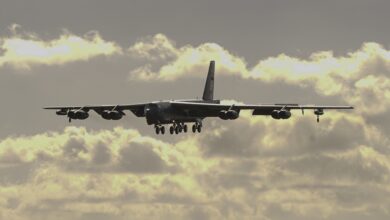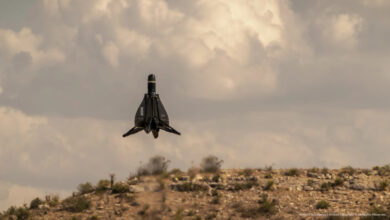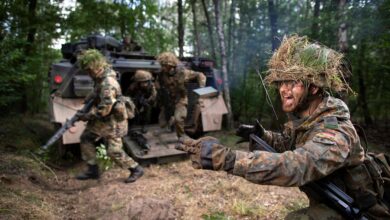Taiwan Reports Low Accuracy of US-Supplied Anti-Tank Weapons
The Taiwanese military said its US-supplied anti-tank weapons had a low success rate during a recent exercise, prompting a re-evaluation of their combat use.
Seventeen BGM-71 tube-launched, optically-tracked, wire-guided (TOW) 2A missiles were fired as part of the Sky Horse military drills earlier this week, but only seven of them successfully hit their targets.
The incident raised concerns about the accuracy of the munition, but the Ministry of National Defense (MND) was quick to clarify that the exercise focused on soldier familiarization rather than the weapons’ performance.
Nevertheless, the ministry said it will hold an evaluation meeting next week to discuss the low efficiency of the American-made missiles.
It also assured that no soldier will be penalized for the subpar performance of the weapon system.
Taipei has a current order for 1,700 TOW 2B missiles from the US and is expecting delivery by the end of the year.
Operator Problem?
The defense ministry said all anti-tank missiles used in the exercise were thoroughly checked before they were launched.
In spite of that, munition failure still accounted for some of the missed targets, according to MND Major General Liu Sheen-mo.
Some missiles dropped early, while others reportedly failed in the target acquisition phase.
Meanwhile, the military is not ruling out the possibility that the operators’ unfamiliarity with the weapon system may have affected its accuracy.
More than half of the Taiwanese soldiers who participated in the drills had not operated the anti-tank missiles before, according to Army Chief of Staff Lt. Gen. Chen Chien-Yi.
Chen said he hopes military officers and personnel who have experience with the American weapon could pass on what they have learned to their comrades.

